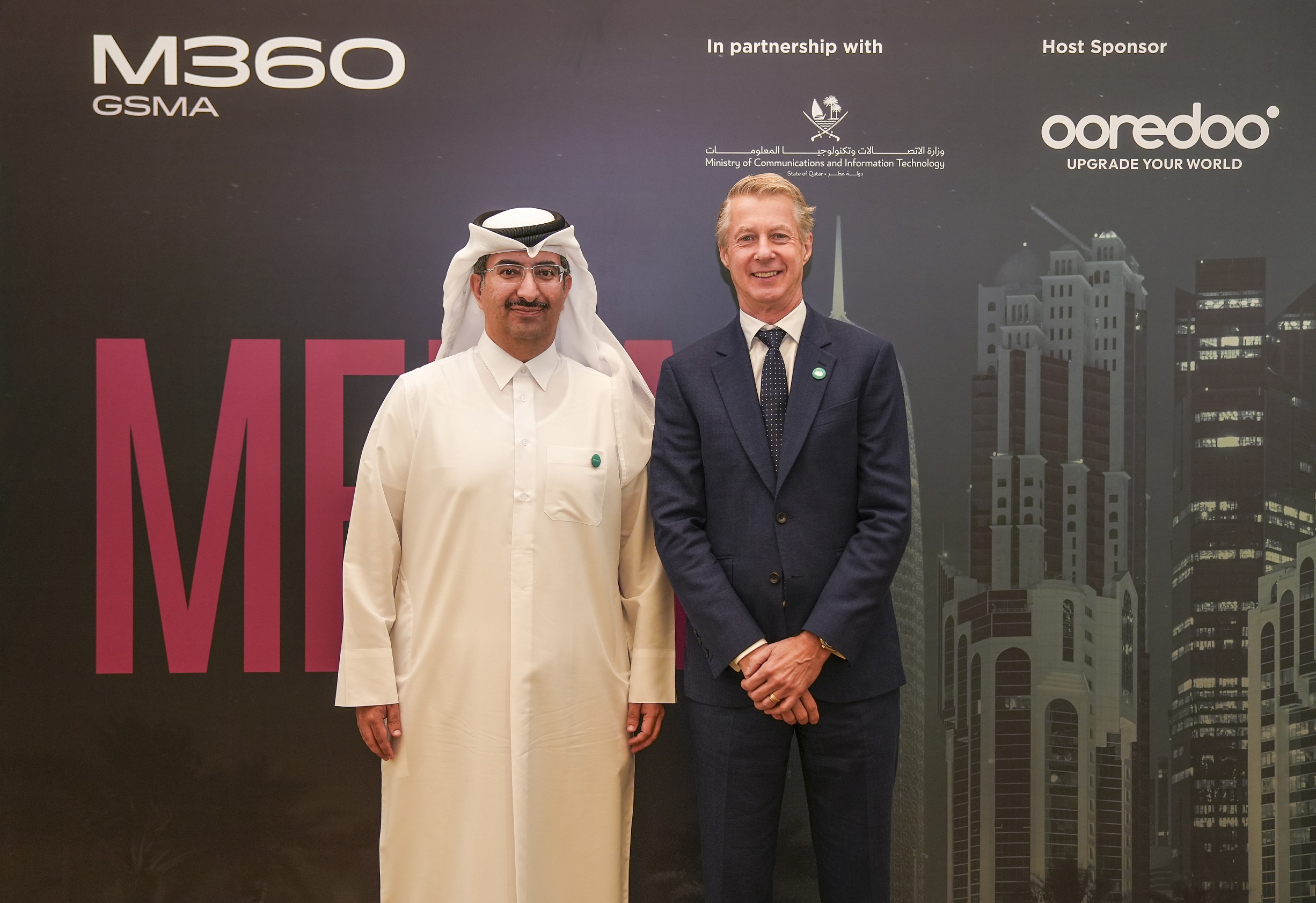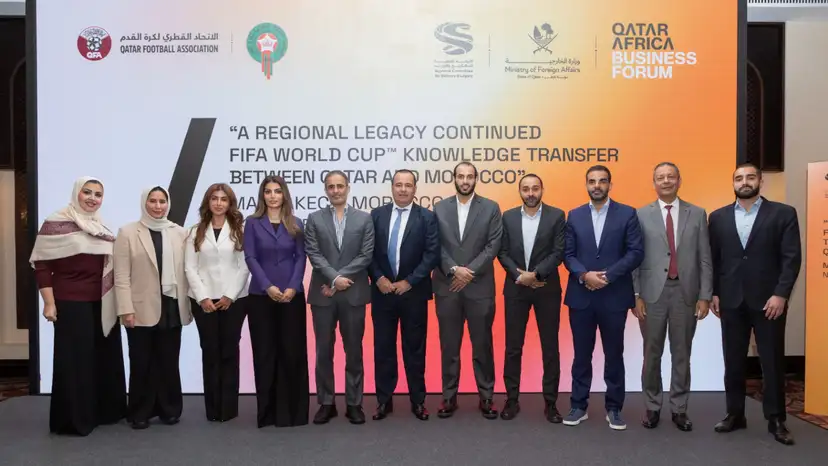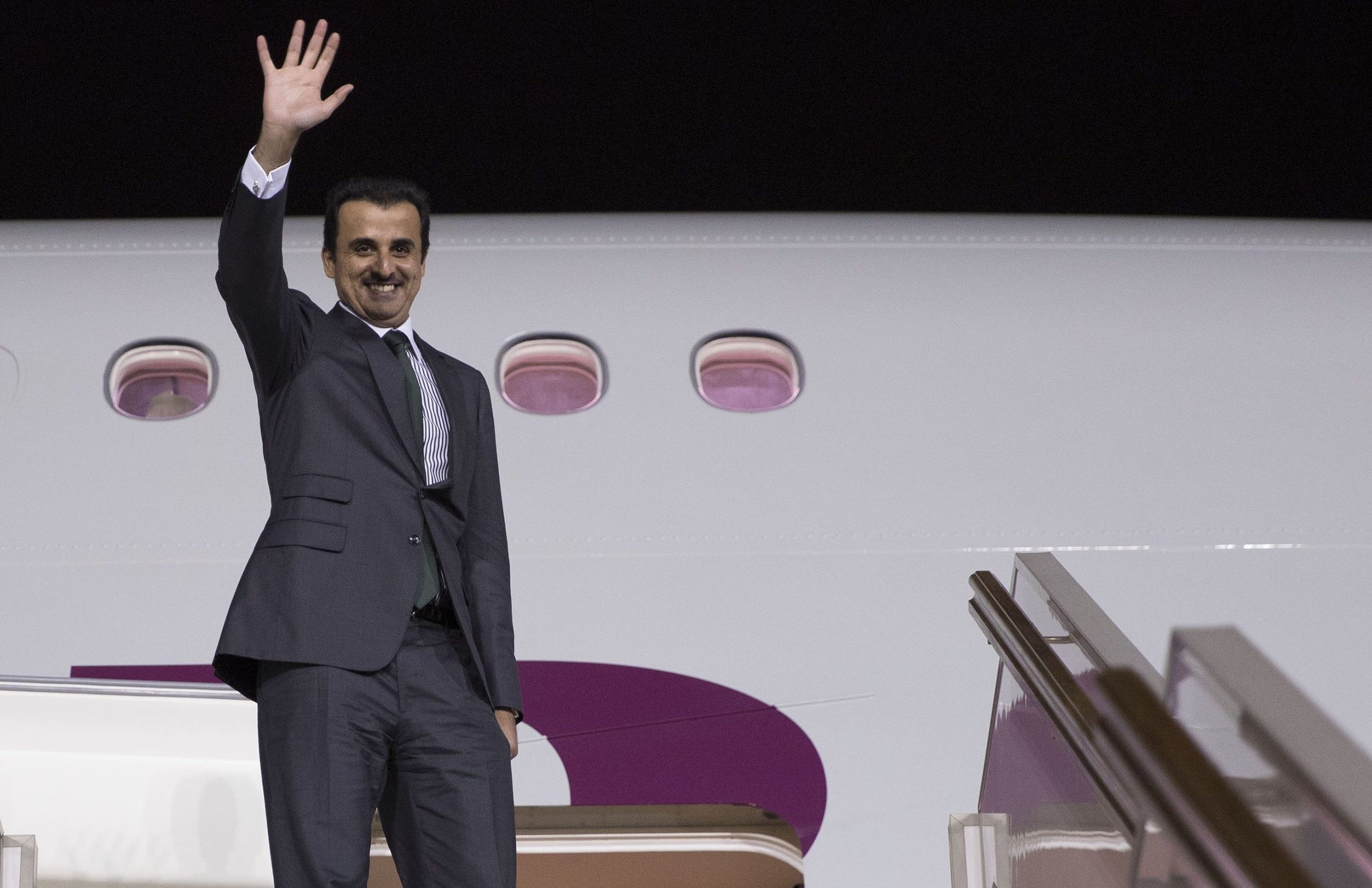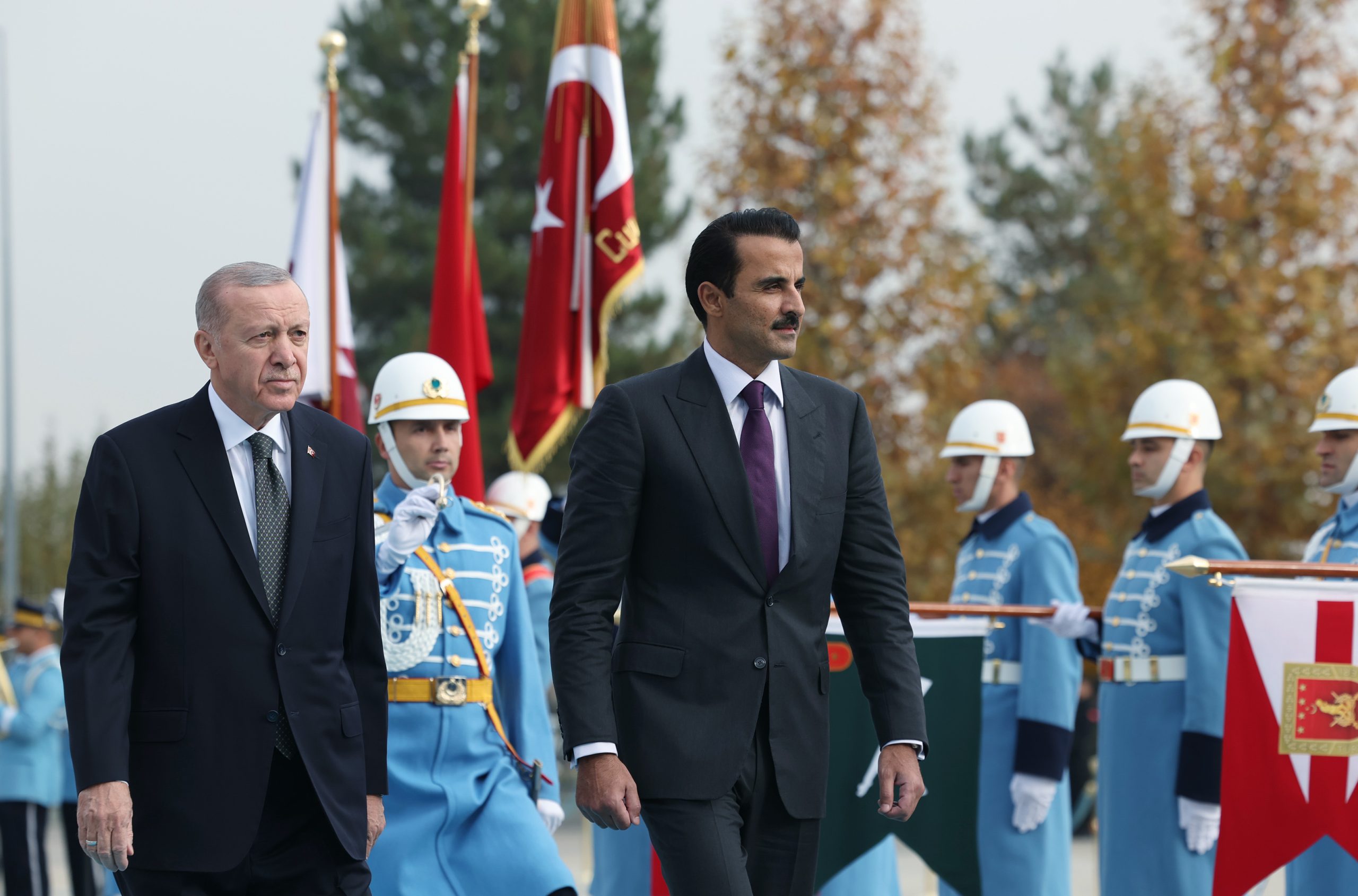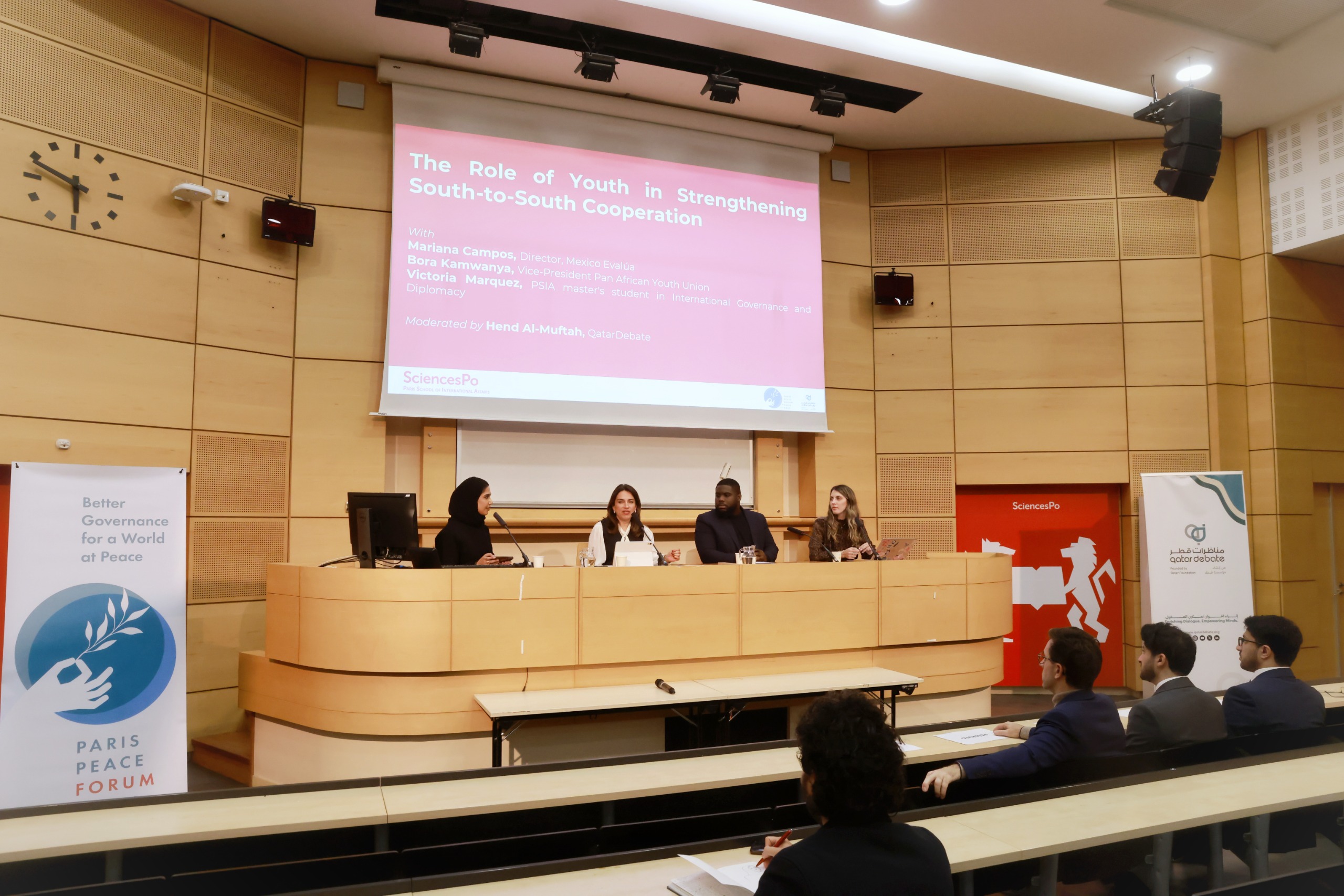By Victoria Scott
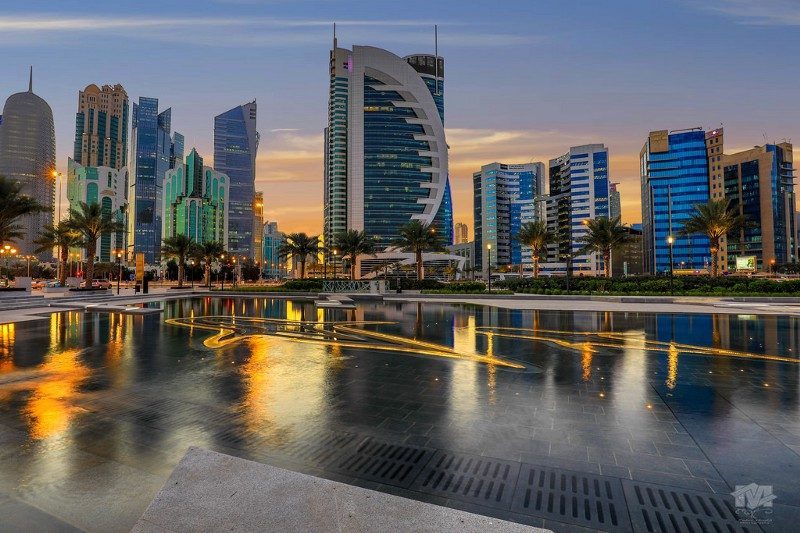
It’s likely going to be a few more years before Qatar’s economy begins to show signs of recovery, according to the nation’s wealthiest residents.
A recent study of high net worth individuals (HNWIs) across the Gulf found that only 42 percent of respondents in Qatar believed the economic situation in the country was improving.
A further 25 percent felt that it was getting worse, found the 2017 GCC Wealth Insight Report, which is produced annually by Emirates Investment Bank.
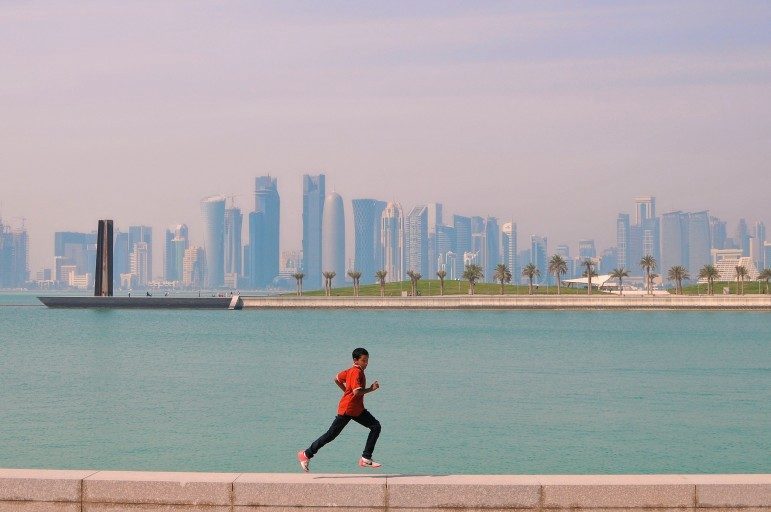
Meanwhile, the remaining 25 percent of those surveyed in Qatar said they believed the economy was staying the same.
Sentiments were a lot more optimistic in the UAE, where 69 percent of HNWIs felt things were improving.
The forecast on Qatar’s economy comes following mass layoffs due to a drop in global oil prices, and ensuing government budget cuts.
Qatar also saw its first budget deficit in more than a decade last year, and is forecasting another (albeit smaller) one for 2017.
Regional gloom
Across the GCC, fewer respondents also felt confident about the region’s economy this year than in 2016.
Seventy-five percent of HNWIs interviewed said that they were optimistic about the economic prospects for the region over the next five years — down 8 percent from last year.

The main reasons for this growing pessimism included conflicts in the region, a global drop in oil prices, and general instability in the region’s economies.
Interestingly, the report’s authors noted that interviews for the survey were conducted between September and December 2016, with the majority of interviews completed before the US presidential election and the fall of Eastern Aleppo in Syria.
Global uncertainty
Wealthy individuals in the GCC remain fairly pessimistic about the biggest picture this year, too.
Almost half (47 percent) of those questioned think that the global economy is getting worse. And just 15 percent say the situation is improving.

Among the 47 percent of respondents who felt the global economic situation was worsening, most said this was due to political instability, conflict and the threat of terrorism.
However, just over three quarters of HNWIs (76 percent) were optimistic about the economic prospects for the global economy over the next five years, a sign that they believe things will eventually get better.
Attitudes toward women
The report also revealed attitudes toward women in positions of power across the Gulf region.
Only 14 percent of the HNWIs interviewed were women.
When all respondents were questioned about promoting women in the workplace, only 59 percent supported the introduction of quotas to bring more women onto the boards of public GCC companies.
Meanwhile, some 73 percent of all respondents supported encouraging women to move into board-level positions in the first place.
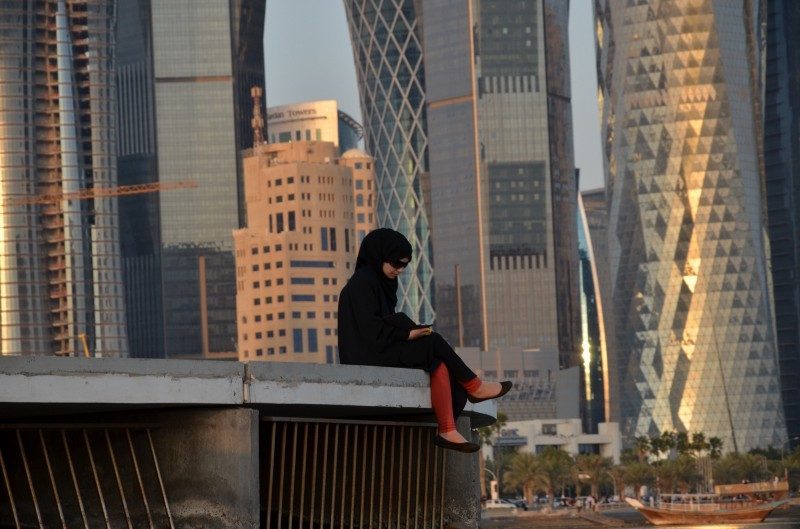
And finally, 77 percent of those questioned supported moves to promote more women to high-ranking managerial positions.
A report released last year concluded that two out of every 100 people in Doha are millionaires, making the city home to the highest density of millionaires in the Middle East.
Thoughts?

